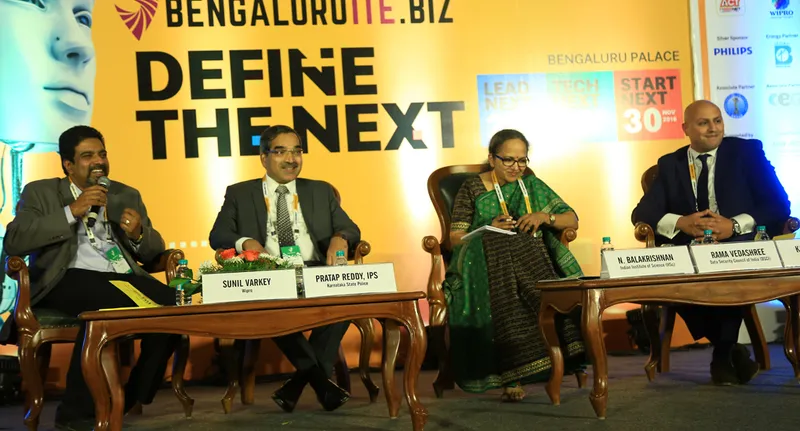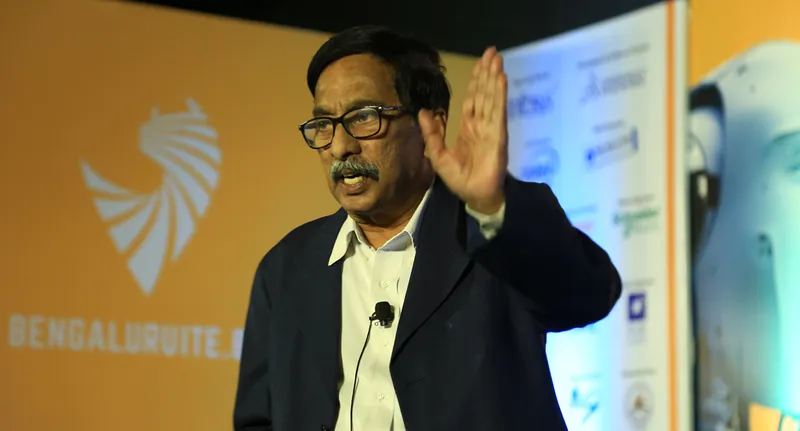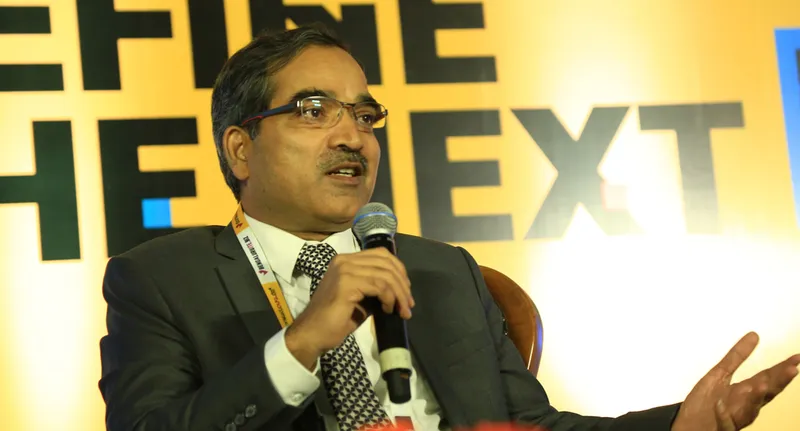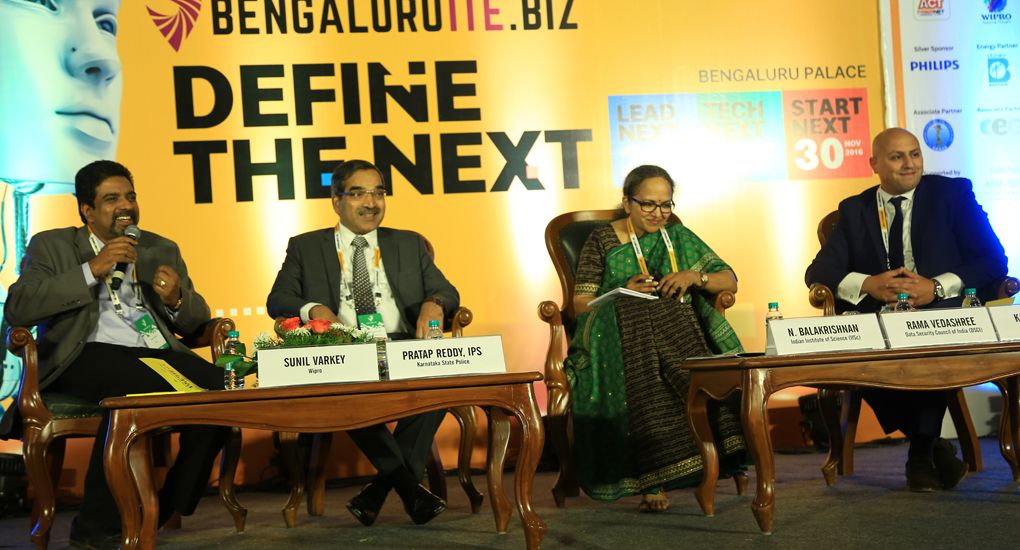Cyber Security Task Force for 1000 startups in the domain by 2025
Last year when the Data Security Council of India (DSCI) and Nasscom launched the Cyber Security Task Force, its aim was to “build India as a global hub for providing cyber security solutions, developing cyber security R&D plan and develop a skilled workforce of cyber-security experts.”

Its Vision 2025 includes building a $35 billion market for India cyber security products and services, and to create one million cyber security jobs and 1000 security startups.
An ambitious target, nonetheless one that opens up a lot of opportunities for startups in the field. One of its recommendations includes allocation of dedicated funds (Rs 1000 crore) over a period of three years for enabling a consortium of the private sector and academia to build for government research grants.
The task force had proposed setting up of four pillars -- of industry, policy, technology, and skills to realise this vision.
At the three-day mega BengaluruITE.biz from November 28 to November 30, the panel session on cyber security deliberated on the opportunities and challenges to make India a cyber security hub. Today, when the government is pushing for a digital/cashless economy, cyber/data security becomes paramount.

In his address, Prof N Balakrishnan, Supercomputer Education & Research Centre. Indian Institute of Science, said, “The IT Act of 2000 was a landmark as it provided legal recognition for transactions to electronic data interchange as an alternative to paper-based methods of communication and storage of information.” He also added that another key highlight was the impetus to e-commerce. “E-commerce sites are less secure than banks. They survive like we do on Bangalore roads -- with a prayer on our lips.”
The panel discussion that followed on ‘Roadmap for making India a global hub for cyber security,’ had Rama Vedashree, CEO, DSCI, Karim Adarghal, member of the management team at Economic Affairs at Municipality, The Hague Security Delta (HSD), Sunil Varkey, Chief Information Security Officer, Wipro, and Pratap Reddy, IPS, Additional Director General of Police, Karnataka State Police, as the panel members.
Pratap Reddy felt that there was a lack of investments in the security domain and manpower. He said, “The law enforcement is like a football goalkeeper. The goal post has shifted, but the rules for the goalkeeper is the same.”

According to the panelists, India was trying to build capability like in Israel. Last year, 20 percent of investment was made in cyber security there.
There are also enough and more lessons to be learnt from The Hague Security Delta (HSD) on how they have managed to involve both the industry and the academia. One of the leading security clusters in Europe, at HSD “businesses, governments, and knowledge institutions work together on innovations and knowledge in the field of cyber security, national and urban security, protection of critical infrastructure, and forensics. They share a common goal: more business activity, more jobs, and a secure world.”
HSD actively promotes startups and has incubators and accelerator programs running to encourage new tech companies to jump into the cyber security domain. It opened data cells to startups to build products.
The HSD recently signed a consortium with Bengaluru and one of the aspects is cyber security.
Wipro that has 6000 people working in the information security area, also funds or acquires a number of startups that are working in this sector. Sunil Varkey, Chief Information Security Officer at Wipro, said one of the most important challenges remains in training and retaining talent.
The panel reiterated that it is important for the private sector, government, the academia, and startups to come together to make India a cyber security hub.
YourStory is a social media partner for BengaluruITE.biz.











